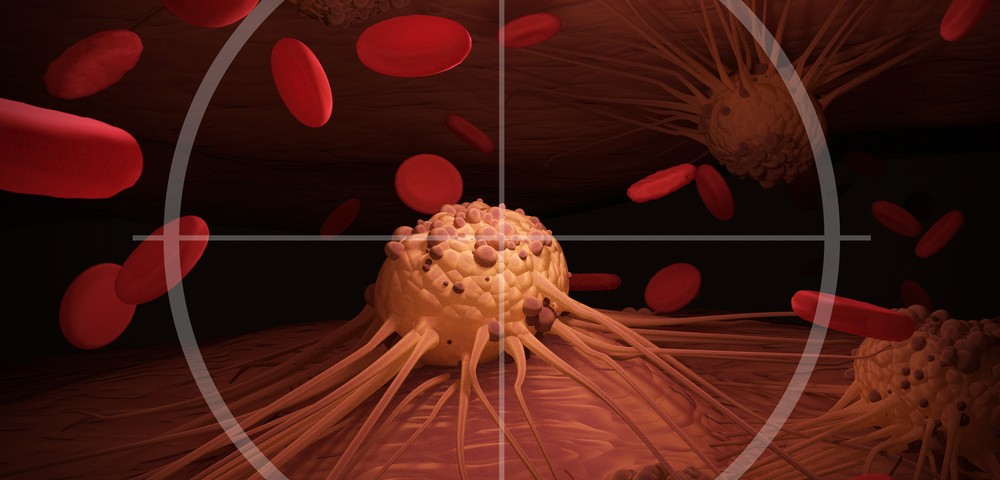Researchers have evaluated the efficacy of reduced-intensity allogeneic transplant as a treatment for patients with follicular lymphoma who experience disease recurrence after autologous stem cell transplant, finding it is an effective salvage therapy for these patients. The research paper, “Reduced intensity allogeneic stem cell transplantation for follicular lymphoma relapsing after an autologous transplant achieves durable long term disease control. An analysis from the Lymphoma Working Party Of the EBMT,” was published in Annals of Oncology.
According to the Lymphoma Research Foundation, follicular lymphoma (FL) is the most common slow-growing form of non-Hodgkin lymphoma (NHL), accounting for 20 to 30 percent of all NHLs. One of the treatments for this disease is autologous hematopoietic stem cell transplantation (HSCT), in which patients receive their own stem cells. However, 70 to 80 percent of these patients experience disease relapse.
There are several therapies to treat relapsing patients, including reduced-intensity allogeneic stem cell transplant (RICalloSCT), in which patients receive stem cells from a donor. The ultimate salvage therapy for dealing with relapsed follicular lymphoma has not been established and, despite some research suggesting that RICalloSCT may help overcome the poor prognosis following initial relapse, there is not enough data describing the outcomes of patients who undergo this treatment.
Researchers conducted a retrospective study of 183 patients who underwent RICalloSCT for follicular lymphoma. The study’s patients ranged in age from 21 to 69 with a median age 45 years who underwent an autologous HSCT a median of 30 months prior to the RICalloSCT. Before the salvage therapy, patients had received a median of four lines (range 3-10) of therapy. A total of 81 percent of patients had chemotherapy-sensitive disease and 16 percent had chemotherapy-resistant disease.
Non-relapse mortality was 27 percent at two years and median remission after the initial autologous HSCT (autoSCT) and RICalloSCT were 14 and 43 months, respectively. The five-year relapse/progression rate, progression free survival, and overall survival were 16 percent, 48 percent, and 51 percent, respectively, and were associated with age and disease status at RICalloSCT.
“This data suggests that a RICalloSCT is an effective salvage strategy in patients with follicular lymphoma recurring after a prior autoSCT and might overcome the poor prognostic impact of early relapse after autoSCT,” researchers wrote in their study.


